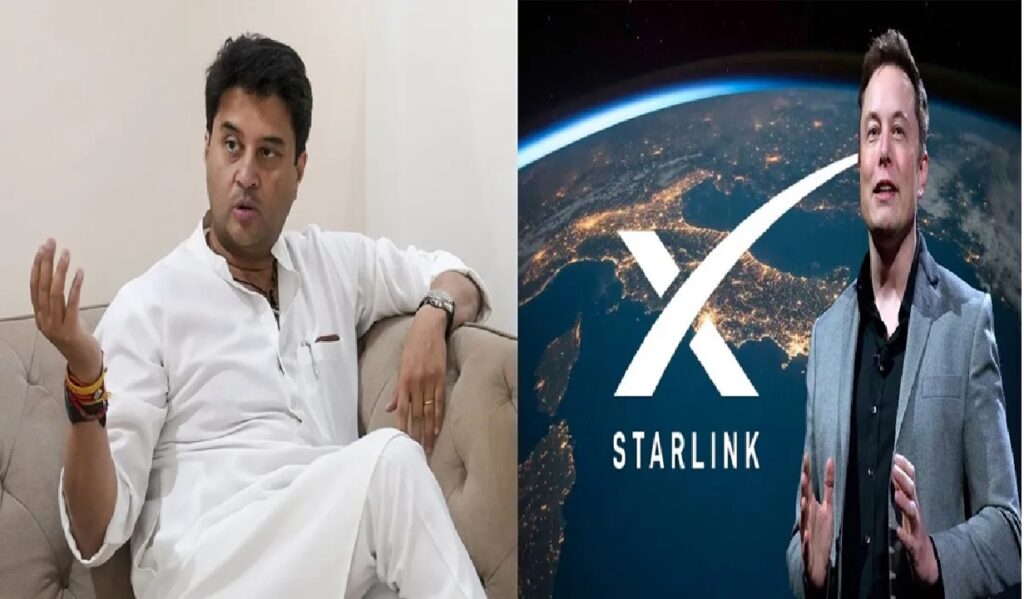Author: Akshay Published Date: June 5, 2025
India may soon witness a game-changing shift in its internet connectivity landscape. Starlink, the satellite internet venture from Elon Musk’s SpaceX, is reportedly close to securing a license to operate in the country, according to Communications Minister Jyotiraditya Scindia.
The entry of Starlink into the Indian market has been a topic of speculation and anticipation for several years. With this recent development, it appears the final green signal is not far off. Scindia confirmed that discussions between Starlink and Indian regulatory authorities are progressing steadily, indicating the near completion of the required formalities.
The implications of this move are vast. Starlink’s core offering—high-speed internet delivered through a constellation of low-Earth orbit (LEO) satellites—could dramatically improve access in India’s most remote and underserved regions. Unlike traditional broadband, which depends on extensive terrestrial infrastructure, Starlink’s satellite model can deliver connectivity even to areas where laying fiber optics is impractical or too costly.
This could be a major boost to rural education, telemedicine, e-commerce, and governance, helping bridge India’s persistent digital divide. Given the government’s focus on Digital India and inclusion, such a service aligns well with national priorities.
However, regulatory approvals in India are meticulous, especially in sectors involving foreign tech firms and satellite communication. There are strict norms related to spectrum usage, data privacy, and national security. Starlink has previously faced hurdles, including being asked to refund pre-bookings it had taken in India without a license.
But now, as per the minister’s comments, those early missteps appear to be behind the company. The dialogue has matured, and the focus is now on aligning Starlink’s operations with Indian policy frameworks and telecom norms.
Once approved, Starlink will likely compete with local players like Jio and Airtel in offering satellite internet services, which are also exploring similar technologies. But the real winners will be the consumers in connectivity-dark zones—places where the internet is currently a luxury rather than a utility.
If the license is granted soon, India could become one of the largest and most diverse markets for satellite internet services globally. It would mark a new era of digital accessibility, offering not just faster speeds but broader reach, truly democratizing the web.
